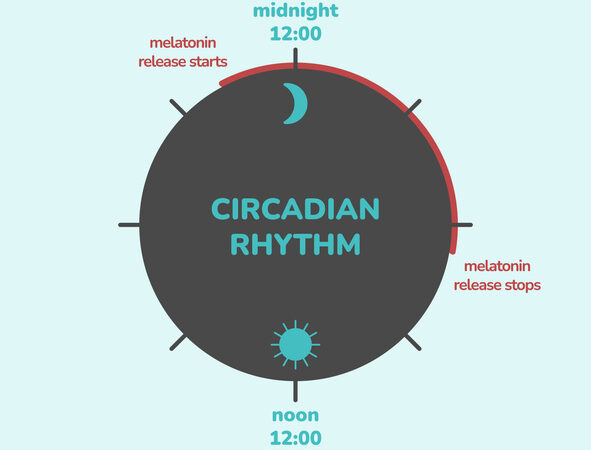You may have noticed that many older family members seem to be adding more salt and seasoning to foods over time and it’s not just your imagination, with age our sense of taste and smell can diminish. The sense of smell is connected with taste, which may mean that food tastes more bland as we age.
Sometimes the loss of smell is caused by colds or allergies or even some medications including those used to control blood pressure or certain antibiotics. Cancer treatment is also known to cause a loss in the sense of smell and affect the way food tastes; this side effect is usually short-term.
Because the sense of smell is linked with taste, seniors may lose interest in eating or risk eating food that has spoiled. Being able to smell well is important to keep safe from smoke, gas leaks and household chemicals. Loss of smell can also be a warning sign of changes in the brain due to Parkinson’s disease or Alzheimer’s.
Loss of taste can also be associated with certain medications or a dry mouth. Gum disease, smoking and alcohol can interfere with the way food tastes. By seeing a dentist regularly, stopping smoking and limiting alcohol, food may taste more the way it should.
Older adults who find food has lost it’s appeal can try eating fruits and vegetables that are colorful and appealing to look at; they say we eat with our eyes first. Spices and seasoning (but not too much salt) can also improve the flavor of food and make it more interesting. A good meal is one of life’s great pleasures and to enjoy it fully, taste and smell need to be preserved. The sense of smell, so connected with taste, can also trigger long-forgotten memories.
Be sure to talk you your doctor about any changes in sense of smell or taste. To learn more about smell and taste disorders visit the National Institute of Health website at http://www.nidcd.nih.gov/health/smelltaste/pages/smell.aspx .






Add Your Voice
0 Comments
Join the Discussion